Instant Jaw Pain Relief with Botox – What You Need to Know?

While Botox is most famous for its anti-aging, anti-wrinkle properties, it also has several dental uses. For patients with dental and facial pain caused by teeth grinding (bruxism) and TMJ (temporomandibular joint) disorder, Botox is an alternative treatment to relieve associated symptoms.
How does Botox treatment work?
The treatment involves quick series of Botox injections into the facial muscles afflicted by discomfort and pain. The injections weaken the muscles and relieve jaw tension and pain, without affecting eating, chewing, and talking. The treatment also often helps eliminate headaches resulting from teeth grinding and can even minimize lockjaw caused by severe stress.
The treatment usually takes up to 30 minutes, has no downtime, and results are noticed within one or two days following treatment.
Are the results permanent?
No, the results are temporary, and usually last 3-6 months, depending on how quickly your body metabolizes Botox. The more often patients receive Botox injections (up to a point), the longer their periods of relief last.
How do I know if I am a good candidate?
To determine if you are a good candidate, your dentist will review your medical history, medications, and allergies. If you have TMJ disorder or severe bruxism and haven’t found relief from the symptoms, chances are you may be a good candidate for Botox.
You should not use Botox® if you have an infection at the proposed injection site. If you are pregnant or lactating, Botox® treatment should be avoided.
May interests you / 7 Possible Causes of Toothache and Treatment Options
Is Botox injection safe?
Botox is generally safe and can dramatically improve your quality of life. However, there are some side effects to be aware of.
Side effects are infrequent and temporary, and may include:
- Pain
- Redness at the injection site
- Bruising
- Muscle weakness
- Headaches
- Respiratory infection
- Flu syndrome
- Nausea
Patients should not rub or massage the area for hours after treatment, and exercise should be avoided for some time.
Too much Botox too frequently can cause permanent paralysis and bone atrophy. Always make sure you are working with a qualified doctor.




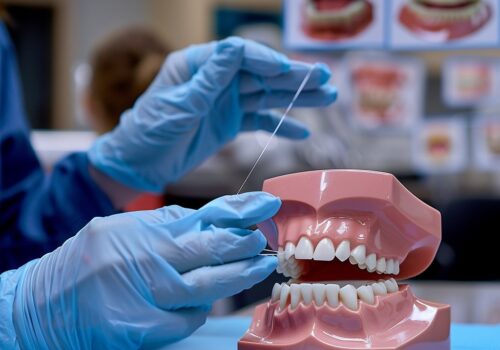

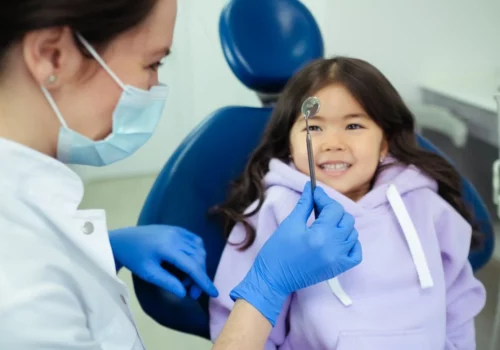

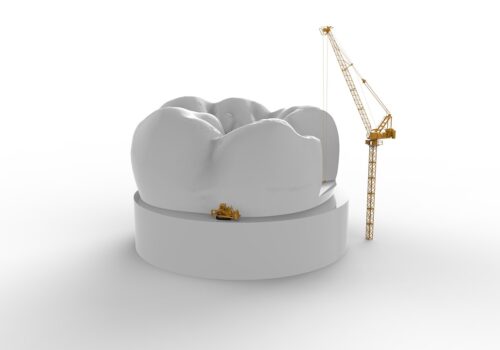
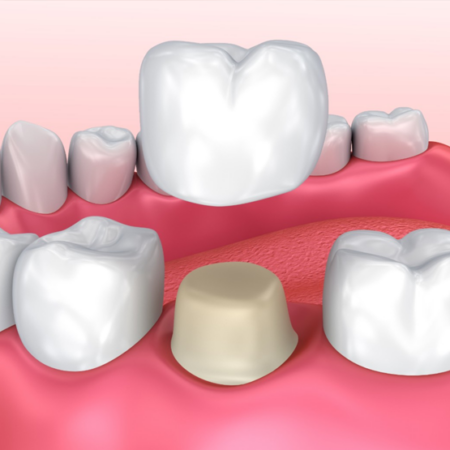
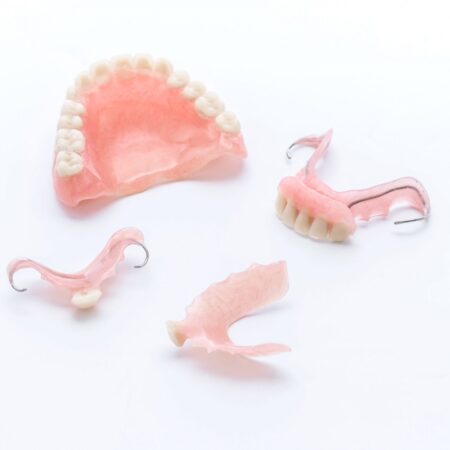

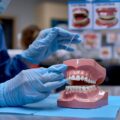


Leave a Reply